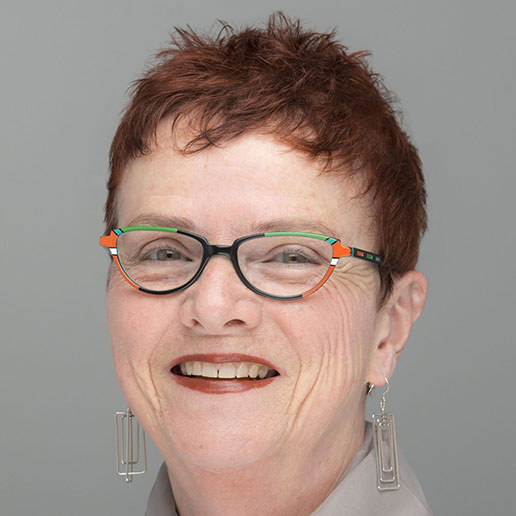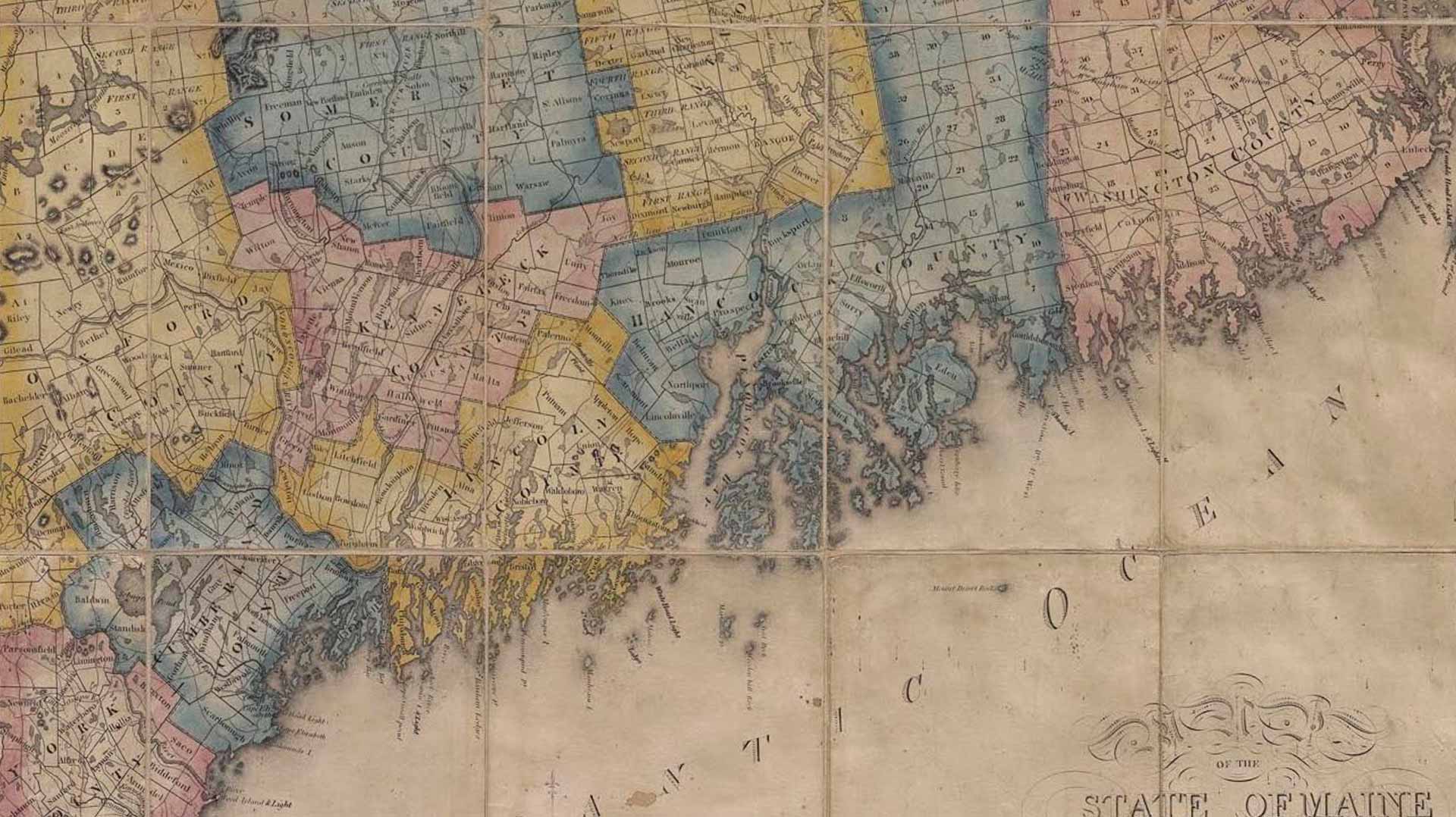Founder and Director, Franco-American Women’s Institute
she/her/elle
Rhea Côté Robbins was brought up bilingually in a Franco-American neighborhood in Waterville known as the South End. Côté Robbins is the author of creative nonfiction, memoirs titled, ‘down the Plains,’ and Wednesday’s Child, winner of the Maine Writers and Publishers Alliance Chapbook Award.
She is editor of Canuck and Other Stories, an anthology of translations of early 20th century Franco-American women writers who wrote about their immigration experience. Her poems and essays have appeared in many publications. She is the founder and director of the Franco-American Women’s Institute, FAWI.

Talks
Who Gets To Tell Story?
Telling or hearing story while conscious of the human ecology—listening to story justly with social consciousness of equality. I would like to define what qualifies as “story.” I believe essentially that every person, artifact, ritual, etc. is story. Everything we know comes to us via story; we are surrounded by story. Story is the microcosm of the macrocosm. Who, in the cultural milieu, gets to tell story?
Where Are the Franco-American Women in Your Community?
Using a Franco-American woman’s search and research as a model to address the issue of what, if any Franco-American woman wanted to know about Franco-American women and their history, where would they begin if they were not told or not allowed to know and value the contributions of the Franco-American women’s history? Who are the Franco-American women in the state of Maine in regard to the history of ethnic populations? What makes the Franco-American culture worth the focus in regard to ethnic diversity? The answers to these questions remain unknown in the history of Maine. Deeper review of the lives of the Franco-Americans, present and past, reflects this hidden history.
Franco-American Women, Suffrage and Political Activity
What was Camille Lessard Bissonnette doing to promote women’s suffrage in 1910-1911, and what barriers did she face? What was happening across the border in the QC/Canadian women’s suffrage movement, which started in 1912? And who were the Franco-American women of Maine who served in the Maine State Legislature starting in 1935? The lives of these women illustrate the history of women’s suffrage here, connects the present, and helps us understand how we got here.

